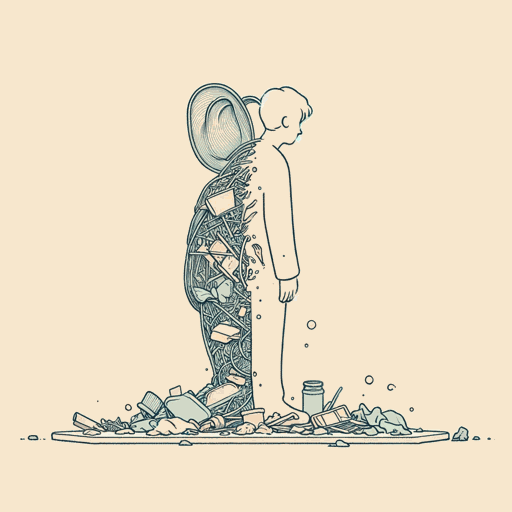60 pages • 2 hours read
Shelley PearsallTrouble Don't Last
Fiction | Novel | Middle Grade | Published in 2001A modern alternative to SparkNotes and CliffsNotes, SuperSummary offers high-quality Study Guides with detailed chapter summaries and analysis of major themes, characters, and more.
Important Quotes
“Truth is, trouble follows me like a shadow.
To begin with, I was born a slave when other folks is born white. My momma was a slave and her momma a slave before that, so you can see we are nothing but a family of trouble. Master sold Momma before I was even old enough to remember her, and two old slaves named Harrison and Lilly had to raise me up like I was one of their own, even though I wasn’t. Then, when I was in my eleventh year, the old slave Harrison decided to jump into trouble himself, and he tried to run away. Problem was, I had to go with him.”
(Chapter 1, Page 1)
Samuel repeats the word “trouble” throughout this passage and the entire novel to describe the different types of obstacles he encounters. This tendency highlights different aspects of The Hardships of Enslavement and The Challenges of Seeking Freedom. Enslavement is trouble, but running away involves more complex forms of trouble. Because of this, Samuel is initially fearful about running away, but ultimately, he comes to realize that it is the right decision. This is partially because Samuel learns more of the truth along his journey, and the phrase “truth is,” which first appears in this passage, is repeated throughout the text to emphasize his internal development.
“Sometimes Lilly teased me about being scared of the dark […]
[…] ‘But human beings are supposed to be daylight people. Ain’t that why they sleep at night?’
That would always make her laugh. ‘Then it sho’ was a good thing you was born a human being. ‘Cause if you was some ol’ hoot owl or tree bat, you be in real trouble then.’
But nothing good could come from wandering around in the night. I knew that. As Harrison crouched under each dark window of Master’s house, I could feel those windows watching us. Same as Master Hackler’s cold gray eyes.”
(Chapter 4, Page 19)
This passage introduces birds and owls as symbols for freedom. At first, Samuel is somewhat afraid of the night birds, and this pattern represents his fear of the outside world and the dangers associated with an escape attempt. This association becomes clear as he expresses his fear of the night and personifies the very windows of the plantation as being just as watchful as “Master Hackler’s cold gray eyes.” However, later in the text, the imagery describing birds becomes less ominous, and this shift will symbolize Samuel’s changing ideas about the value of running away and seeking freedom.
Related Titles
By Shelley Pearsall





